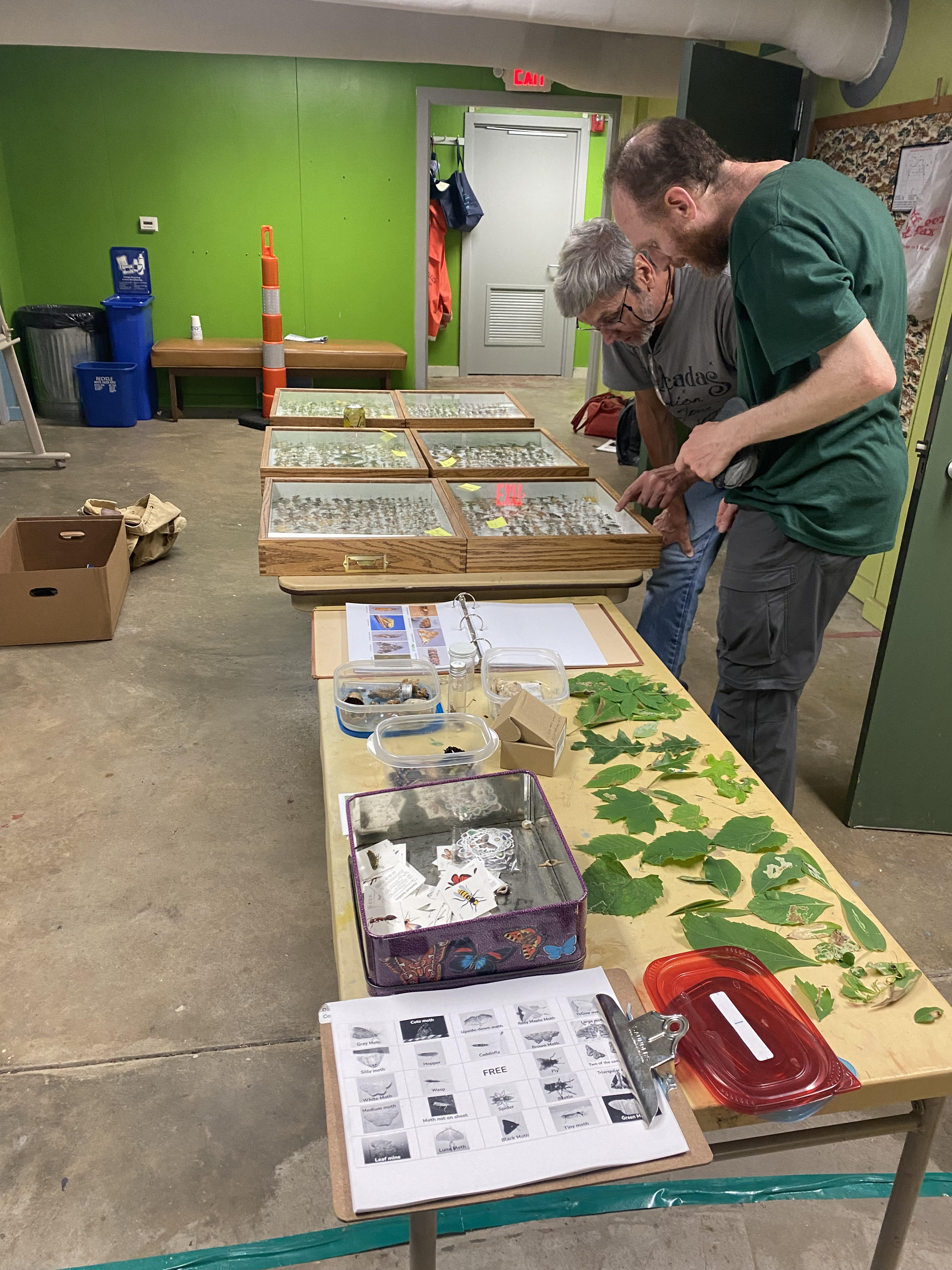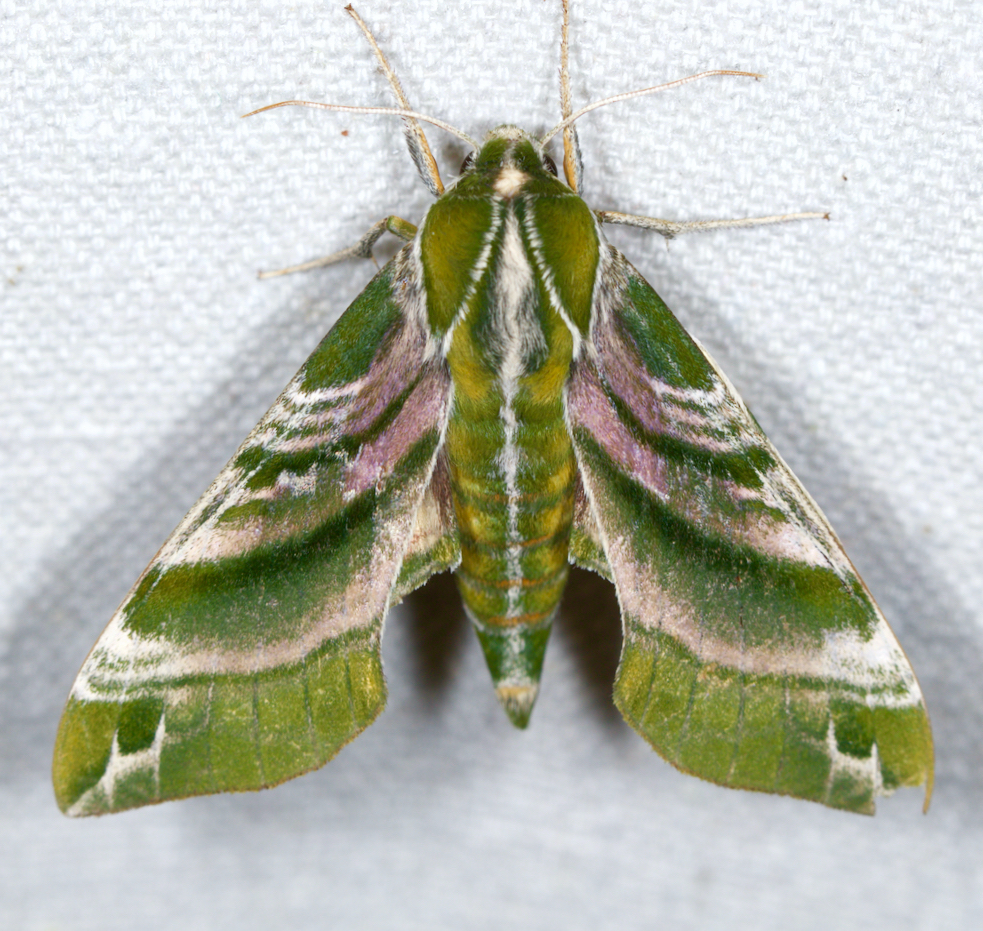BugFest
BugFest
The NCBP will have tables at this year's BugFest event at the NC Museum of Natural Sciences in Raleigh. The theme of the event is Lepidoptera, and we will have a collection of caterpillars and specimens to look at.
The NCBP will have tables at this year's BugFest event at the NC Museum of Natural Sciences in Raleigh. The theme of the event is Lepidoptera, and we will have a collection of caterpillars and specimens to look at.
This WUNC article about the upcoming moth night at Hollow Rock Nature Preserve features an interview with David Bradley of the Durham County Open Space Program. Bradley shares details about the NCBP survey of the New Hope Floodplain, and the threats faced by insect populations.
https://www.wunc.org/environment/2024-08-16/moth-night-durham-county-biodiversity-population-decline
Join NCBP member David George for a moth night event at Hollow Rock Nature Park in Durham. The New Hope floodplain was previously surveyed by the NCBP and is an important reservoir of biodiversity within an urban area. Please register for the event online.
Join David George and Jeff Niznik for a moth night event at Guilford County Farm in Elon. This free event is sponsored by PLACE (Public Lands for Agricultural and Community Enrichment), and will start at 8:30 PM. The address is 3220 Amick Road in Elon.
Join NCBP member David George for a moth night event at the Chapel Hill Public Library. In addition to the moth sheets, we will have a variety of activities and prizes. Please register for the event on the library website.


The Moths of North Carolina authors announce the addition of the 3,000th moth species to the state list.
If you are like us, you are ready for spring! While the weather is starting to warm up, there isn’t much insect activity at this time of year. One insect that is active in the winter is a leaf-mining moth in the genus Rhopobota in the family Tortricidae, the larvae of which are typically leaf-tiers or leaf-rollers. In addition to being active at this time of year, this Rhopobota is of particular interest because it is one of many outstanding mysteries among the leaf-mining micro-moths in North Carolina.

John Petranka and Steve Hall were invited to make a joint presentation at the February 2024 meeting of the New Hope Audubon, entitled “Backyard Moths and Beyond." John discussed lepidopteran origins, various adaptions related to moth scale patterning (e.g., camouflage, startle responses, and warning coloration), the diversity of moth sizes and shape
NCBP members Tracy Feldman and David George will host a moth night event at Durant Nature Preserve in Raleigh.